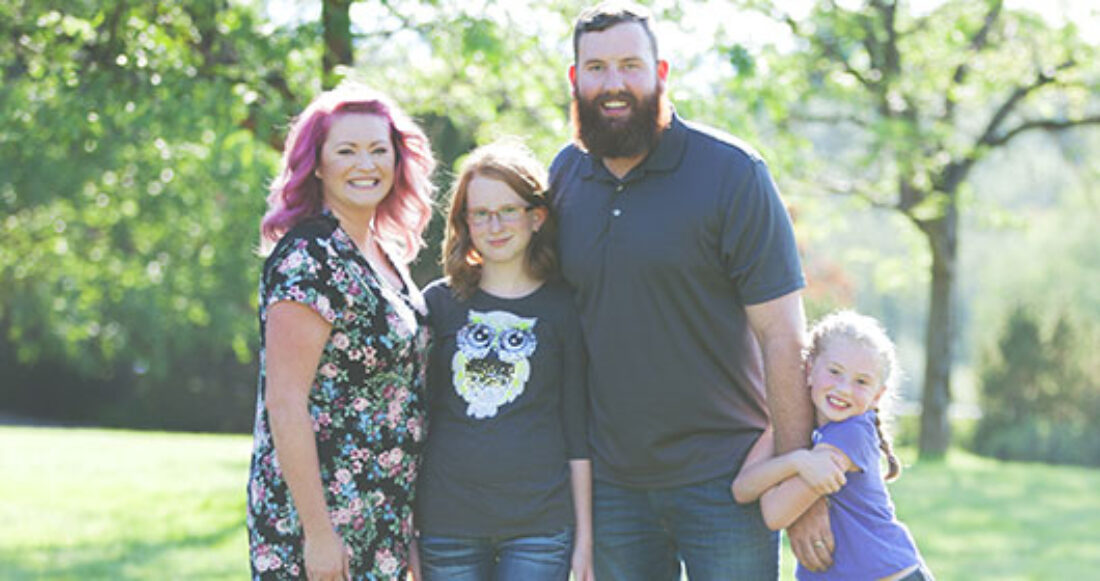On the First National Foster Parent Appreciation Day, Let’s Celebrate and Support Foster Parents

We know that every kid needs a family and that children in families have the best chance to thrive.
We also know that many hundreds of thousands of kids, over the course of growing up, find themselves in search of new permanent homes — a fact that has been highlighted each May for three decades through National Foster Care Month.
A primary focus during this month of events is the children themselves: their invaluable lives and their boundless human potential. There were more than 420,000 children in foster care in 2016, a number that has risen every year since 2012. But this recognition has largely missed a group of people critical to the success of those children: the foster parents who step in temporarily when kids cannot live with their own parents.
This year, for the first time, the congressional resolution declaring May as National Foster Care Month also designates the last day of the month (May 31) as National Foster Parent Appreciation Day. Many Americans, especially in places where the opioid crisis has had a major impact on the local community, have been reading about increases in the numbers of children who need foster care. Even in communities not as affected by substance disorders, the demand for high-quality foster parents is always high.
Here are three things you might not know about foster parents and the essential role they play, and three things policymakers should know about how social service agencies can encourage volunteers to become foster parents and support them when they do.
About foster parents
- Foster parents are ordinary people who find a way to do extraordinary things for kids in crisis. Foster parents care for these kids, doing their best to create the stable environment and normal experiences that young people need as they grow up.
- Some foster parents are related to the children in their care: they might be grandparents or other kin who step up to fill a family need. (About 140,000 kids in foster care were living with a family member in 2016, and that number has been increasing since 2009.) Other foster parents are not relatives: nearly 200,000 children were in the temporary care of non-relative foster parents. Whether they temporarily live with other relatives or foster parents, more than half of kids in foster care are eventually reunited with their parents.
- Growing and sustaining a network of loving foster parents is a perpetual concern. Foster parenting can be challenging, and foster parents deserve support so they can care for kids in some of the most difficult times.
Doing right by foster parents
- It is important for state and local agencies to provide both robust training before someone becomes a foster parent as well as ongoing targeted opportunities beyond the initial experience. Foster parents are better positioned to succeed when there are staff specializing in parental support and when foster parents can access a network of peers for practical advice and emotional encouragement.
- Policymakers should ensure that agencies have a mandate to nurture strong relationships with foster parents. That can happen by including foster parents in key processes, providing sufficient resources, respecting their decision making about the children in their care and demonstrating that they are valued and appreciated.
- We depend on agencies to be innovative and creative in their efforts to identify new foster parents and to make the process of becoming a foster parent more efficient. For example, they can establish partnerships with faith communities and use new technologies to match children and foster parents. Lawmakers and agency heads can make licensing standards and processes flexible where possible, from using mobile fingerprinting systems to making training programs convenient for potential foster parents who work.
These are a few ways that our systems can support foster parents and, in turn, promote high-quality care. There are also things we can all do. From city councils and school boards that recognize these families to business owners who offer foster parents discounts to neighbors who lend a helping hand — communities can celebrate foster families throughout the year.
Without question, though, America needs something extraordinary from more ordinary people. If you have considered becoming a foster parent, I urge you to look into it further. There’s no better time to do so than this moment, as we recognize the tens of thousands of people who are currently foster parents for everything they do. The difference you can make in the life of a child will be beyond measure.





